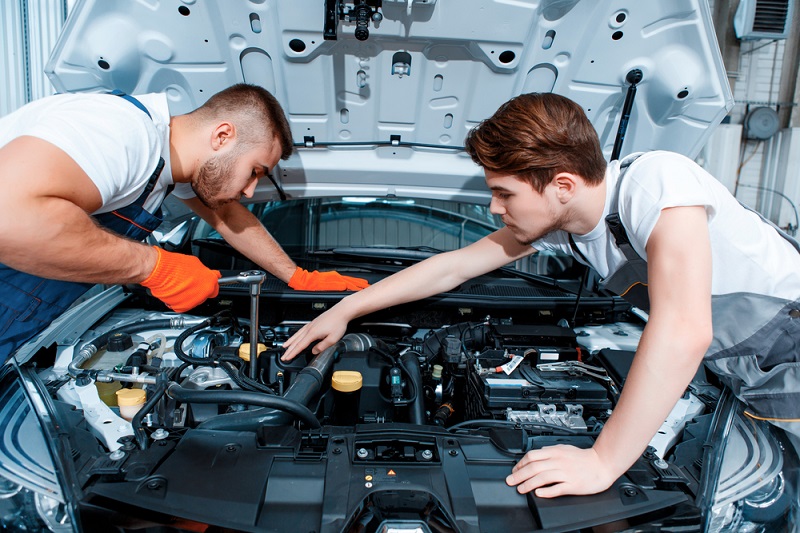- Introduction: The Importance of Auto Repair
- Regular Maintenance: Keeping Your Vehicle Running Smoothly
- Diagnosing Problems: Troubleshooting Your Vehicle
- DIY Repairs: What You Can Do Yourself
- Finding a Good Mechanic: How to Choose the Right Professional
- Conclusion: Staying Safe on the Road
Introduction: The Importance of Auto Repair
Your car is more than just a means of transportation – it’s an investment. Whether you’re commuting to work or taking a road trip with your family, your vehicle needs to be reliable and safe. That’s why it’s so important to keep up with regular maintenance and address any problems as soon as they arise.
Auto repair can seem daunting, but with the right knowledge and resources, it’s possible to keep your car in top shape. In this article, we’ll explore some tips and tricks for maintaining and repairing your vehicle from Ouch Auto.
Regular Maintenance: Keeping Your Vehicle Running Smoothly
The key to avoiding major repairs is to keep up with regular maintenance. Here are some things you should be doing on a regular basis:
- Oil Changes: Your engine needs clean oil to run smoothly. Check your owner’s manual for recommended intervals, but in general, you should plan to change your oil every 5,000 to 7,500 miles.
- Tire Rotation: Regular tire rotation can help extend the life of your tires and improve your car’s handling. You should plan to rotate your tires every 5,000 to 7,500 miles.
- Fluid Checks: In addition to oil, your car has other fluids that need to be checked and topped off regularly. This includes brake fluid, coolant, transmission fluid, and power steering fluid.
- Filter Replacements: Your car has several filters that help keep it running smoothly. These include the air filter, fuel filter, and cabin air filter. Check your owner’s manual for recommended replacement intervals.
- Battery Maintenance: Your car’s battery can deteriorate over time, especially in extreme temperatures. Regular maintenance, such as cleaning the terminals and checking the charge level, can help extend the life of your battery.
Diagnosing Problems: Troubleshooting Your Vehicle
Even with regular maintenance, problems can still arise. Here are some common issues and how to troubleshoot them:
- Weird Noises: If you hear unusual noises coming from your car, such as grinding, squeaking, or rattling, it’s likely that something is wrong. Try to pinpoint where the noise is coming from and describe it to your mechanic.
- Check Engine Light: The check engine light can come on for a variety of reasons, from a loose gas cap to a serious engine problem. Use an OBD-II scanner to read the code and determine the cause of the light.
- Fluid Leaks: If you notice fluid leaking from your car, it’s important to determine what kind of fluid it is and where it’s coming from. Common leaks include oil, coolant, and transmission fluid.
- Brakes: If your brakes are squeaking, grinding, or vibrating, it’s likely that they need to be replaced. Don’t wait too long to address brake issues – your safety depends on it.
DIY Repairs: What You Can Do Yourself
While some repairs require a professional, there are many things you can do yourself. Here are a few examples:
- Changing Your Oil: With a few basic tools and some know-how, you can change your own oil and save money on labor costs.
- Replacing Your Air Filter: Your car’s air filter can become clogged over time, reducing airflow and making your engine work harder.

